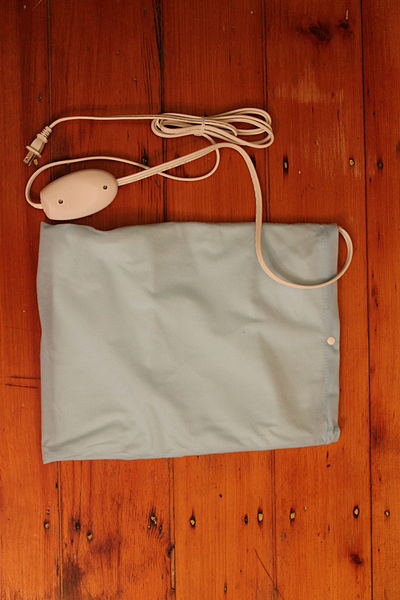Heat as a therapy, has been known to man since pre-historic times. There are many references in the writings of Ayurvedic physicians, Arabs, Greeks and many physicians from ancient civilizations about the value of heat.
How does Heat help?
Heat therapy is based on the principle that warmth relaxes the muscles, dulls the pain and reduces the inflammatory process in the body. Heat also promotes the discharges of boils and abscesses. Heat can be applied to relieve stomach cramps during periods or due to digestive upsets. Heat also helps alleviating the aches caused by sudden muscular spasms or in arthritis.
Heat works by relieving relaxing the muscles. Heat helps by increasing the blood flow to the injured or inflamed part and this increases the oxygen supply to the part and promotes healing. Heat has probably a direct effect on injured nerves and may act by releasing certain chemicals called as prostaglandins, which inhibit the pain.
How can heat be applied?
- As a hot water bag, pack, poultice or through electrical heat pads.
- Infrared lamps.
- Hot spoon bathing (here a wooden spoon is heated in water and after the drops of water are shaken off, the spoon is applied on the affected part.
- Short wave diathermy and other methods in Physiotherapy.
- Along with balsams in combination with massage therapy.
Heat should not be used in:
- In patients taking anti-blood clotting medications, as this may cause more bleeding.
- In patients having a blood clot in the muscles, as this clot may be dislodged and may travel to the brain or the heart and cause sudden death.
- It should never be applied over the abdomen of pregnant women.
- In cases where a tumor is suspected. Application of heat will allow the tumor to spread.
- In cases of burns, after radiation therapy in cancer patients.
Conclusion:
Heat therapy has come from Naturopaths; it is a safe home remedy, which is suitable in minor sports injuries and ordinary aches and pains. The most important thing about Heat therapy is not WHEN? BUT WHEN NOT TO APPLY IT.
